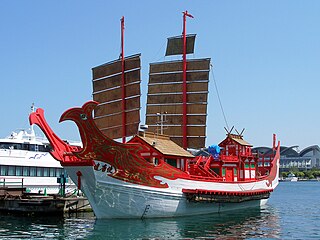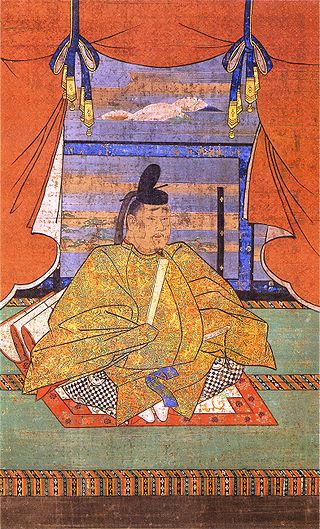The 650s decade ran from January 1, 650, to December 31, 659.
The 670s decade ran from January 1, 670, to December 31, 679.
The 900s decade ran from January 1, 900, to December 31, 909.
The 570s decade ran from January 1, 570, to December 31, 579.
The 580s decade ran from January 1, 580, to December 31, 589.

Year 631 (DCXXXI) was a common year starting on Tuesday of the Julian calendar. The denomination 631 for this year has been used since the early medieval period, when the Anno Domini calendar era became the prevalent method in Europe for naming years.
Year 605 (DCV) was a common year starting on Friday of the Julian calendar. The denomination 605 for this year has been used since the early medieval period, when the Anno Domini calendar era became the prevalent method in Europe for naming years.

Year 750 (DCCL) was a common year starting on Thursday of the Julian calendar, the 750th year of the Common Era (CE) and Anno Domini (AD) designations, the 750th year of the 1st millennium, the 50th year of the 8th century, and the 1st year of the 750s decade. The denomination 750 for this year has been used since the early medieval period, when the Anno Domini calendar era became the prevalent method in Europe for naming years. According to historian Peter Brown, this year marked the universal beginning of the Middle Ages across every human civilization, thus marking the end of the late antiquity along with the classical world.

813 (DCCCXIII) was a common year starting on Saturday of the Julian calendar, the 813th year of the Common Era (CE) and Anno Domini (AD) designations, the 813th year of the 1st millennium, the 13th year of the 9th century, and the 4th year of the 810s decade. As of the start of 813, the Gregorian calendar was 4 days ahead of the Julian calendar, which was the dominant calendar of the time.

Year 659 (DCLIX) was a common year starting on Tuesday of the Julian calendar. The denomination 659 for this year has been used since the early medieval period, when the Anno Domini calendar era became the prevalent method in Europe for naming years.

Year 825 (DCCCXXV) was a common year starting on Sunday of the Julian calendar.

Year 967 (CMLXVII) was a common year starting on Tuesday of the Julian calendar.

Year 724 (DCCXXIV) was a leap year starting on Saturday of the Julian calendar, the 724th year of the Common Era (CE) and Anno Domini (AD)
Year 1010 (MX) was a common year starting on Sunday of the Julian calendar.

Year 663 (DCLXIII) was a common year starting on Sunday of the Julian calendar. The denomination 663 for this year has been used since the early medieval period, when the Anno Domini calendar era became the prevalent method in Europe for naming years.

Year 984 (CMLXXXIV) was a leap year starting on Tuesday of the Julian calendar.

Year 1041 (MXLI) was a common year starting on Thursday of the Julian calendar.

Year 1091 (MXCI) was a common year starting on Wednesday of the Julian calendar.

Year 575 (DLXXV) was a common year starting on Tuesday of the Julian calendar. The denomination 575 for this year has been used since the early medieval period, when the Anno Domini calendar era became the prevalent method in Europe for naming years.
The 600s decade ran from January 1, 600, to December 31, 609.












